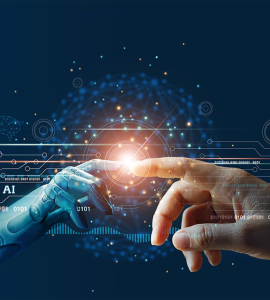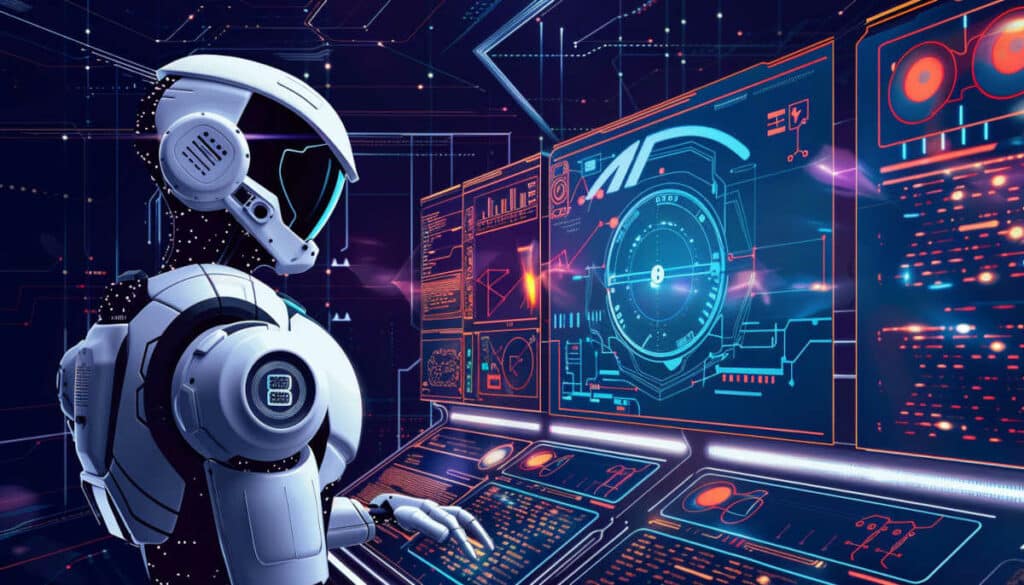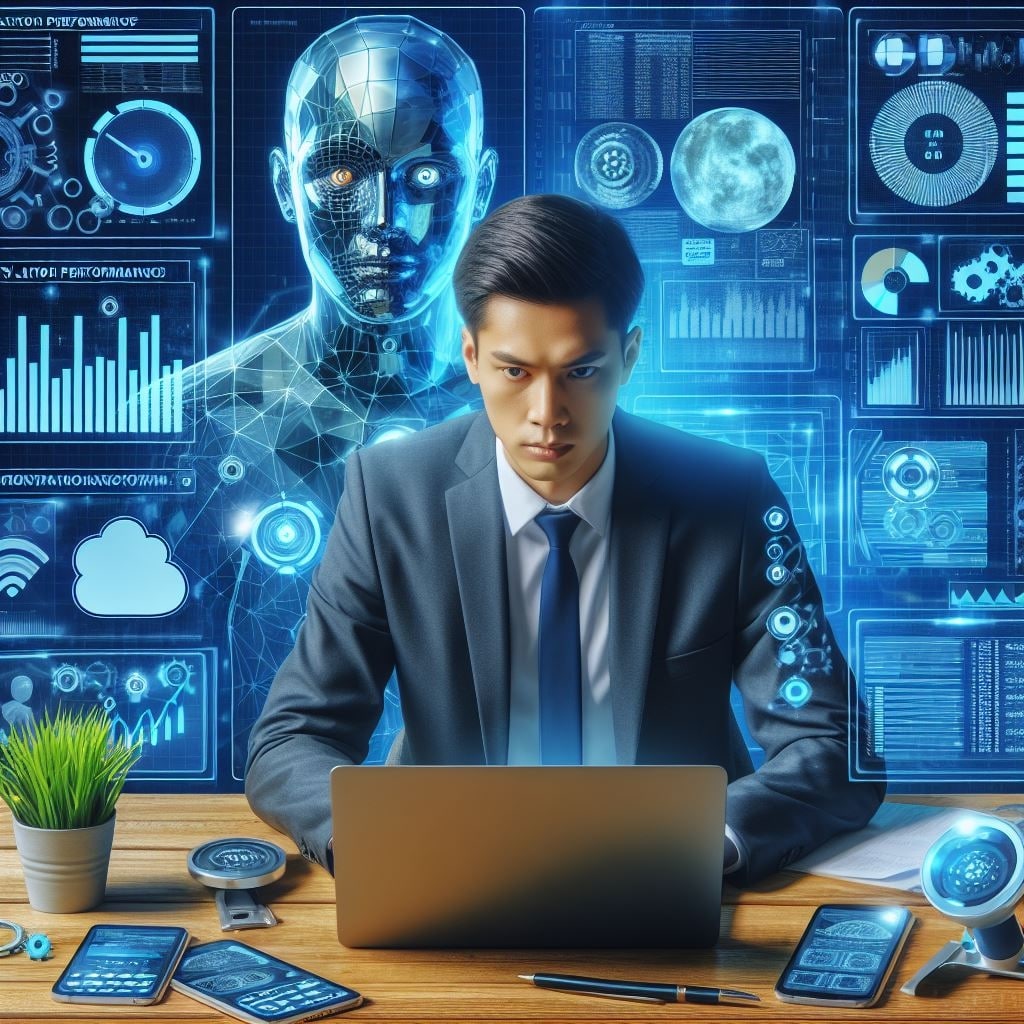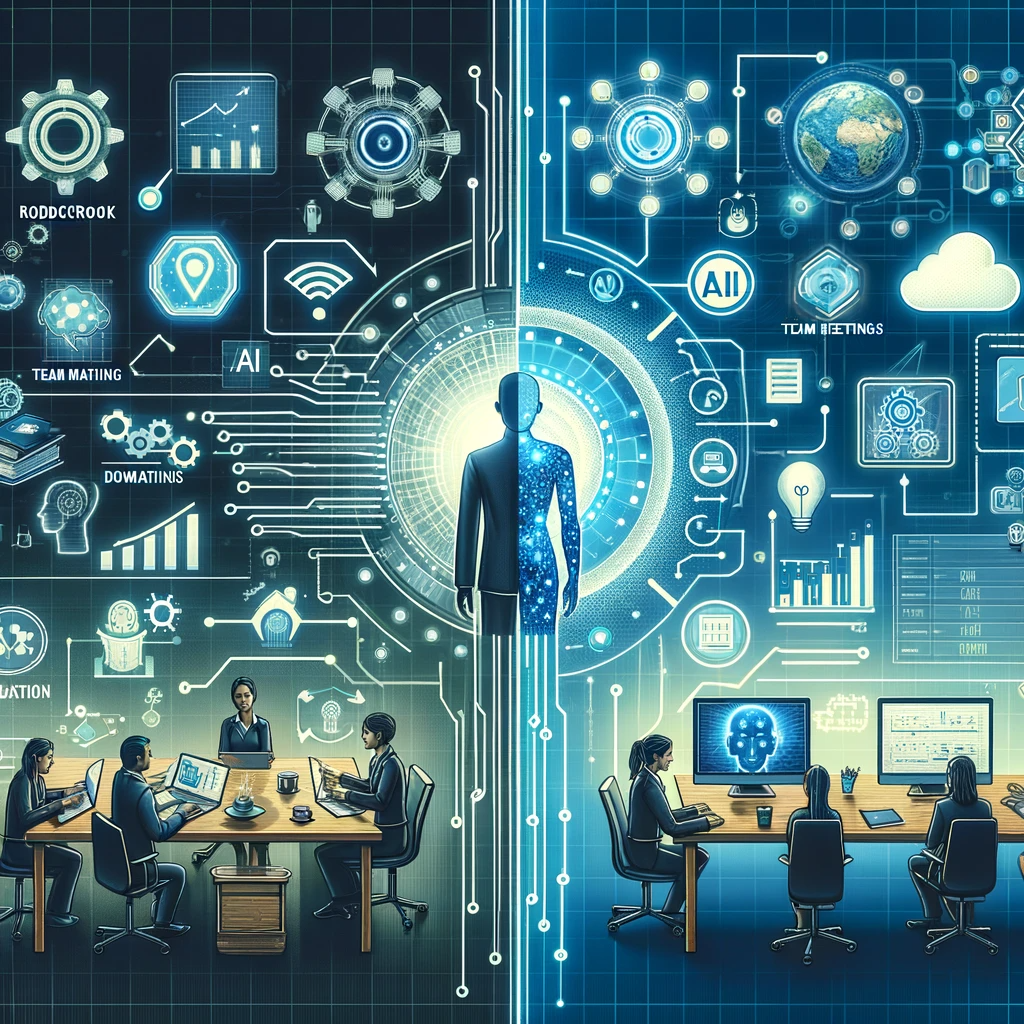AI Development Trends That Will Shape Businesses In 2025
Artificial intelligence is evolving rapidly, changing how companies operate, compete, and innovate. The year 2025 will bring AI trends that will reshape industries, enhance customer experiences, and boost efficiency. As a result, understanding these shifts helps businesses prepare strategies that leverage AI’s full potential and maintain a competitive edge. Ultimately, companies that adapt early will secure stronger market positions.
AI Development Trends
Generative AI
Generative AI will continue to transform content creation, product design, and creative workflows. In particular, businesses will use it to produce personalized marketing materials, realistic simulations, and innovative concepts faster than ever, reducing costs while improving quality. Consequently, creative teams will be empowered to push boundaries and deliver unique results.

Predictive analytics
Predictive analytics will take a bigger role in decision-making by forecasting customer behavior, market changes, and operational demands. Moreover, with accurate insights, companies can act proactively instead of reacting to challenges. As a result, business strategies will become more agile and data-driven.

AI-driven automation
AI-powered automation will expand from repetitive tasks into strategic operations. From supply chain optimization to customer support, AI will handle complex processes, allowing teams to focus on higher-value work. This shift will increase productivity while lowering operational costs.
Natural language processing
Natural language processing (NLP) will make AI systems better at understanding and communicating with people. Therefore, businesses will use advanced chatbots, assistants, and sentiment analysis tools to improve customer service and gather valuable insights. In the long run, improved language models will further bridge the gap between humans and machines.

Edge AI
Edge AI will process data closer to its source, reducing delays and enabling faster decision-making. As a result, industries like healthcare, manufacturing, and transportation will benefit from real-time analytics with stronger data security. On top of that, this will reduce dependence on cloud infrastructure, cutting costs and risks.
AI in cybersecurity
As cyber threats grow, AI will become essential for security. It will detect anomalies, block breaches, and predict risks faster than traditional methods, helping protect sensitive information. Businesses that integrate AI in security frameworks will be better prepared for evolving threats.

Hyper-personalization
AI will deliver highly personalized experiences, tailoring products, services, and marketing messages to each user. This will strengthen loyalty and increase conversion rates. In turn, customer engagement will reach new heights through relevance and precision.
AI ethics
Ethical AI will remain a priority. Specifically, transparent algorithms, bias reduction, and privacy protection will be key to building trust and meeting regulations. As a result, companies that prioritize ethical practices will stand out in competitive markets.
AI for sustainability
AI will support eco-friendly goals by optimizing energy use, reducing waste, and improving resource management, aligning business growth with environmental responsibility. Moreover, this will position businesses as leaders in sustainable innovation.
AI-powered decision support
AI will enhance decision-making with data-backed recommendations. From financial planning to strategic growth, it will help leaders make faster, more informed choices. This will reduce risks and improve long-term business outcomes.

Multimodal AI
Multimodal AI, which processes text, images, and audio, will create richer customer experiences and more accurate analytics, expanding AI’s capabilities. On the other hand, its versatility will also open up entirely new possibilities for digital products and services.
AI in product development
AI will speed up product development by automating design, running simulations, and predicting success, reducing time-to-market and costs. This efficiency will enable faster innovation cycles and better market responsiveness.

Voice AI
Voice recognition and conversational AI will improve accessibility, speed up interactions, and create hands-free tools for smoother operations. Consequently, as adoption grows, voice technology will become a standard interface across devices.
AI-driven supply chains
AI will improve supply chains by predicting demand, managing inventory, and identifying risks in real time, making operations more efficient. This will strengthen resilience against disruptions and market fluctuations.
Collaborative AI
Collaborative AI will work alongside humans, supporting complex tasks and boosting innovation through shared input. In the same way, these partnerships will unlock new creative and operational potential.
Continuous learning AI
AI models that learn continuously will adapt to new data and trends, keeping systems effective over time and extending their value. This adaptability will ensure ongoing relevance in dynamic business environments.
Conclusion
By embracing innovations like generative AI, predictive analytics, and edge computing, and by focusing on ethics and sustainability, companies can gain a lasting advantage in a fast-changing digital world. Ultimately, the winners will be those who view AI as a long-term strategic partner rather than just a short-term tool.
